Staying compliant with federal tax deadlines is a critical responsibility for every employer. As we move through the third quarter of 2025, there are several important dates and rules to keep in mind regarding Social Security, Medicare, and withheld income tax. Missing these deadlines can result in costly penalties and interest, so it’s essential to understand your obligations and plan ahead.
August 11, 2025 – Form 941 Filing Deadline
Form 941, the Employer’s Quarterly Federal Tax Return, is due for the second quarter of 2025 on August 11. This form is used to report income taxes, Social Security tax, and Medicare tax withheld from employees’ paychecks, as well as the employer’s portion of Social Security and Medicare tax.
Who Must File by August 11?
This deadline applies to employers who have already deposited all required taxes for the quarter in full and on time. If you’ve met your deposit obligations, you simply need to ensure your Form 941 is filed by this date. Filing late or failing to file can result in penalties, even if your deposits were made on time.
August 15, 2025 – Monthly Deposit Deadline
For employers who follow the monthly deposit schedule, August 15 is the due date to deposit Social Security, Medicare, and withheld income tax for wages paid in July 2025. This deadline also applies to nonpayroll withholding deposits for July if the monthly deposit rule applies to your business.
Who Follows the Monthly Deposit Schedule?
Employers are generally required to deposit employment taxes on a monthly or semi-weekly schedule, depending on the total tax liability reported during a lookback period. If you’re on the monthly schedule, you must deposit taxes for each month by the 15th of the following month.
Nonpayroll Withholding Deposits
Nonpayroll items, such as backup withholding and withholding on pensions, annuities, and certain other payments, may also be subject to the monthly deposit rule. Be sure to review your obligations to avoid missing a required deposit.
Weekends & Holidays: Automatic Extensions
Tax deadlines that fall on a Saturday, Sunday, or legal holiday are automatically extended to the next business day that is not itself a legal holiday. This rule provides a little extra flexibility for employers, but it’s still important to plan ahead and avoid last-minute filings or deposits.
Example:
If August 15 falls on a Saturday, the deposit deadline would move to the following Monday (unless that Monday is a legal holiday).
Disaster Area Extensions
Sometimes, the IRS designates certain geographic areas as federal disaster areas due to events like hurricanes, floods, or wildfires. When this happens, affected businesses may receive automatic extensions for tax filing and payment deadlines.
How to Know if You Qualify:
The IRS will announce disaster relief and provide details on which deadlines are extended and for how long. If your business is in a declared disaster area, check the IRS website or consult your tax advisor to determine your new due dates and ensure you take advantage of any available relief.
Why Timely Compliance Matters
Failing to file Form 941 or make required deposits on time can result in significant penalties and interest charges. The IRS imposes penalties for late filings, late payments, and underpayments, which can quickly add up and impact your business’s cash flow. Timely compliance also helps you avoid unnecessary stress and keeps your business in good standing with federal authorities.
Tips for Staying on Track
- Set Calendar Reminders: Mark all important tax deadlines on your calendar and set reminders a few days in advance.
- Work with a Payroll Provider: Consider using a reputable payroll service to automate tax calculations, filings, and deposits.
- Stay Informed: Keep up with IRS announcements, especially if you’re in an area prone to natural disasters.
- Consult a Tax Professional: If you’re unsure about your deposit schedule or filing requirements, seek advice from a qualified tax advisor.
Need Help with Payroll Tax Compliance?
Navigating payroll tax deadlines can be complex, but you don’t have to do it alone. Our team of tax professionals is here to help you understand your obligations, avoid penalties, and keep your business running smoothly. Contact us today for expert guidance and support tailored to your business needs.


